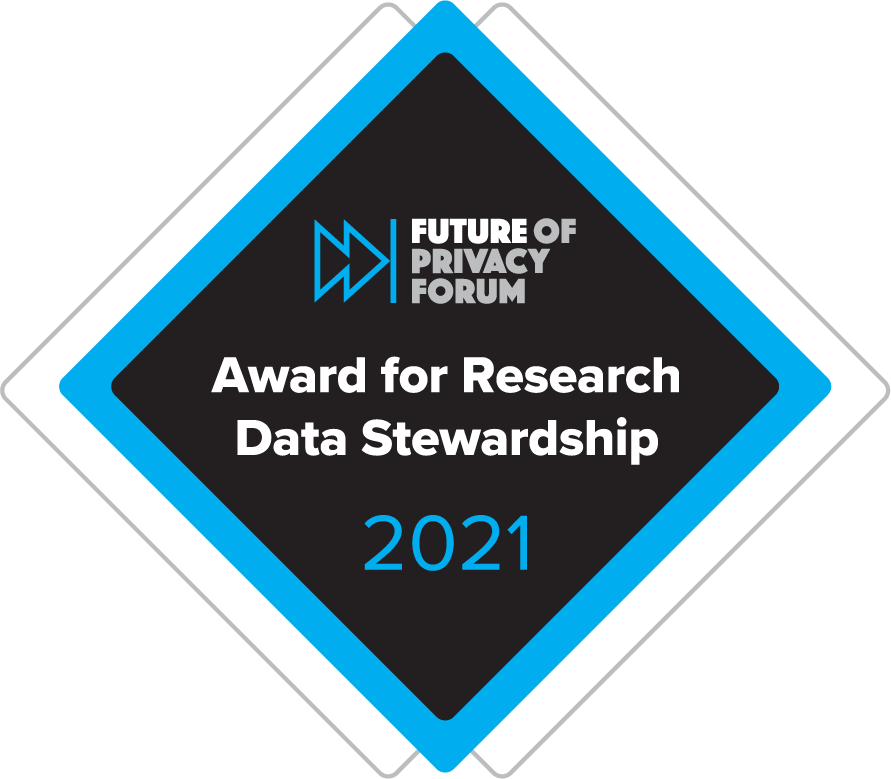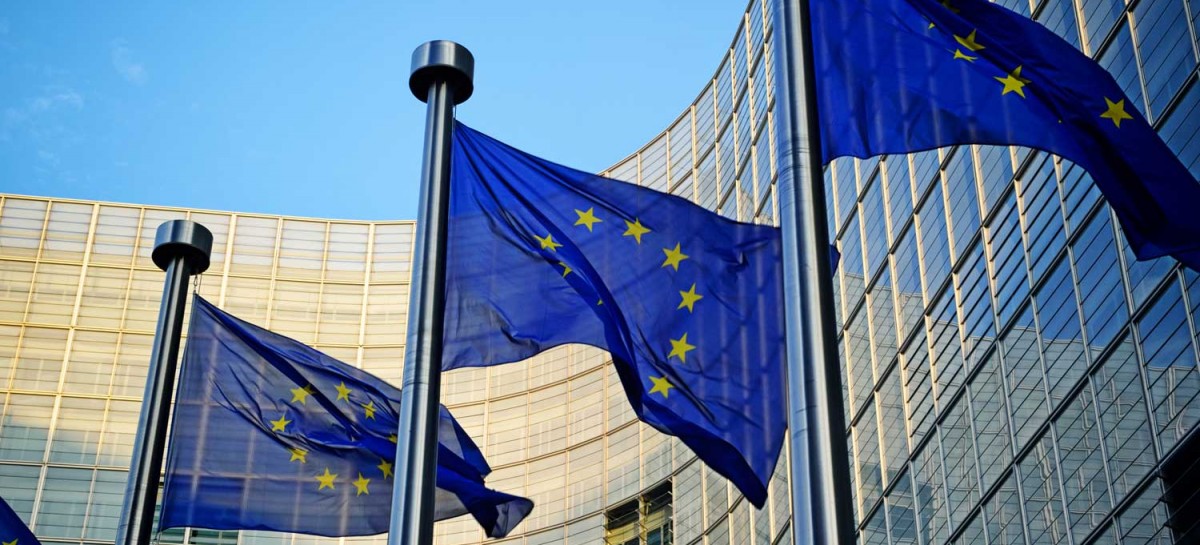Showing results for fire2020 xped promo code free spinks tanzania

Uniform Law Commission Finalizes Model State Privacy Law
[…] Over time, many of its legislative efforts have been very influential and become law in the United States — for instance, the ULC drafted the Uniform Commercial Code in 1952. More recently, the ULC drafted the Uniform Fiduciary Access to Digital Assets Act (2014-15), which has been adopted in at least 46 states. The […]

What the Biden Executive Order Means for Data Protection
Last week, President Biden signed an Executive Order on “ Promoting Competition in the American Economy” (“the Order” or “the EO”), published together with an explanatory Fact Sheet. The Order outlines a sweeping agenda for a “whole of government” approach to enforcement of antitrust laws in nearly every sector of the economy. Although there […]

Lessons for a Federal Private Right of Action in US Privacy Law after TransUnion LLC v. Ramirez
[…] a series of examples of intangible concrete harms, many of them traditional privacy harms, including: reputational harms, disclosure of private information, intrusion upon seclusion, and infringement of free exercise. The Court then concludes that the subset of the class who had the false information about them disclosed had suffered a reputational injury, a type […]

Stanford Medicine & Empatica, Google and Its Academic Partners Receive FPF Award for Research Data Stewardship
[…] Using a researcher-friendly version of Empatica’s E4 device that prevents the collection of geolocation data, IP address, or mobile International Mobile Equipment Identity (IMEI) identifiers. Using QR codes to link participants to specific wearable devices to ensure that participant names and study record IDs would not be shared. Learn more about the project, including […]

Research from Stanford Medicine and Empatica, Inc: Early Detection of COVID-19 Using Empatica Smartwatch Data
[…] all plans, processes, and frameworks throughout the research collaboration. Use Technology to Enhance Privacy. The Stanford research team and Empatica took advantage of technology, where possible, to promote privacy throughout the project. Stanford employed QR codes to prevent the need to share participant identifiers, including names and study record IDs, with Empatica. Use Privacy-Protective […]

FPF Issues Award for Research Data Stewardship to Stanford Medicine & Empatica, Google & Its Academic Partners
[…] health information. Using a researcher-friendly device, Empatica’s E4, that prevents the collection of geolocation data, IP address, or mobile International Mobile Equipment Identity (IMEI) identifiers. Using QR codes to link participants to specific wearable devices to ensure that participant names and study record IDs would not be shared. “A large part of our job […]

Manipulative Design: Defining Areas of Focus for Consumer Privacy
[…] examples of dark patterns are both clear and harmful, such as a design that tricks users into making recurring payments, or a service that offers a “ free trial” and then makes it difficult or impossible to cancel. In other cases, the presence of “nudging” may be clear, but harms may be less clear, […]

ITPI Event Recap – The EU Data Strategy and the Draft Data Governance Act
[…] the fact that the DGA and PSD2 have diverging models for fostering data-based innovation: as an illustration, while PSD2 mandates banks to share customer data with fintechs, free of charge and upon the customer’s contractual consent, the DGA centres around voluntary data sharing, for which public bodies may charge fees and data subjects are […]

India’s new Intermediary & Digital Media Rules: Expanding the Boundaries of Executive Power in Digital Regulation
[…] liability and regulation of publishers of digital content have generated significant debate since their release in February 2021. The Information Technology (Intermediary Guidelines and Digital Media Ethics Code) Rules, 2021 (the Rules) have: recast the conditions to obtain ‘safe harbour’ from liability for online intermediaries, and unveiled an extensive regulatory regime for a newly […]

South Korea: The First Case Where the Personal Information Protection Act was Applied to an AI System
[…] and operate “Iruda.” Therefore, PIPC determined that ScatterLab processed the user’s personal information beyond the purpose of collection. In addition, ScatterLab posted its AI models on the code sharing and collaboration platform Github from October 2019 to January 2021, which included 1,431 KakaoTalk messages revealing 22 names (excluding last names), 34 locations (excluding districts […]
